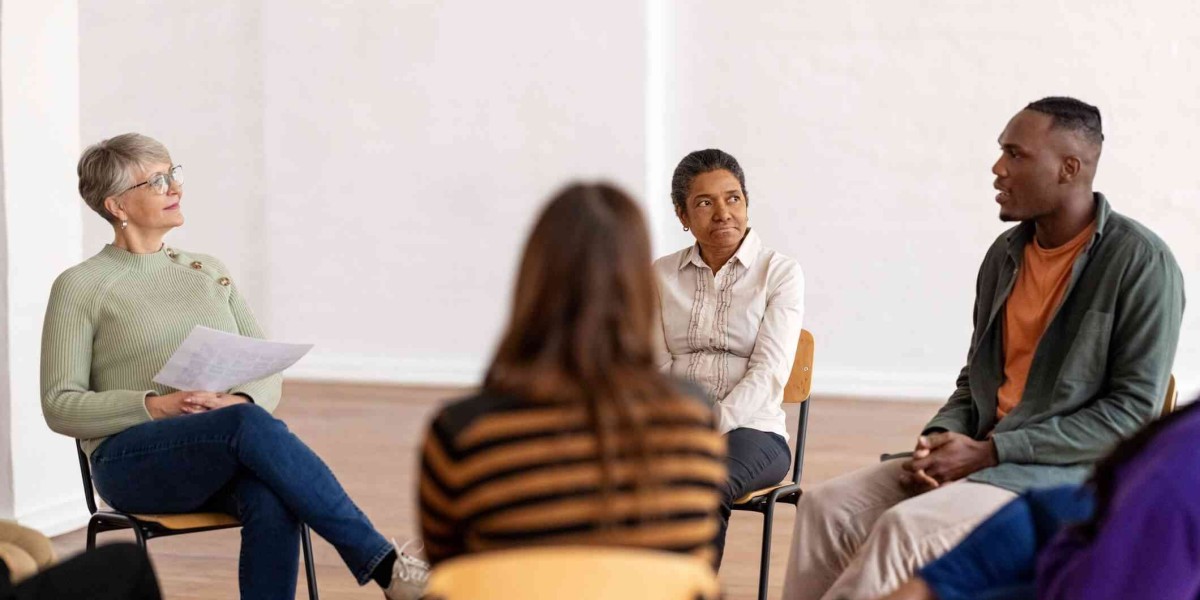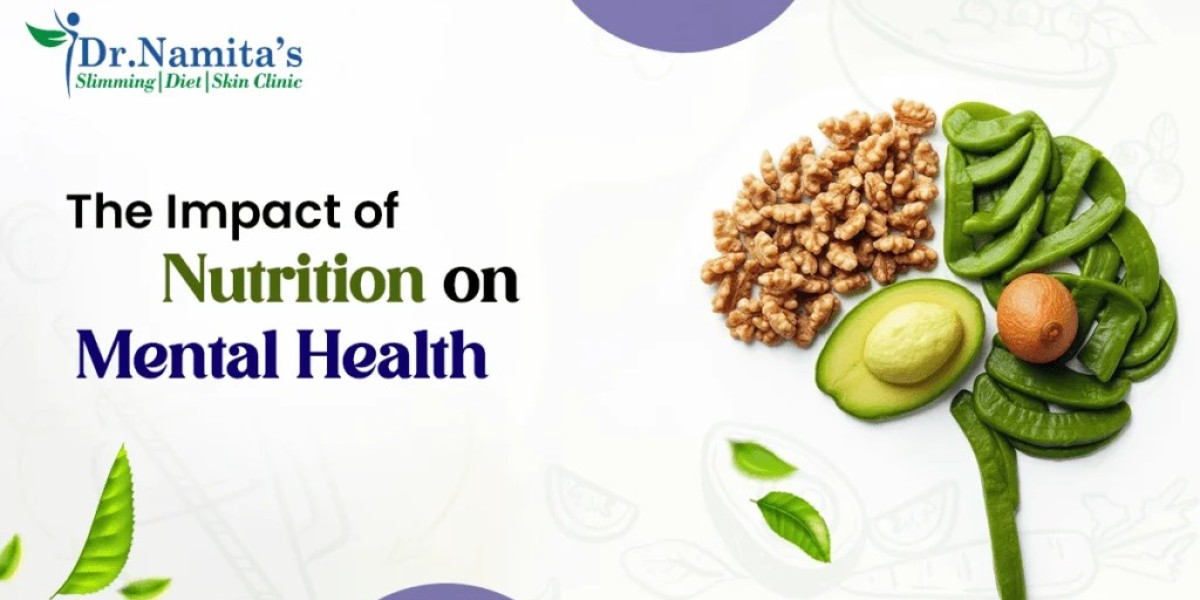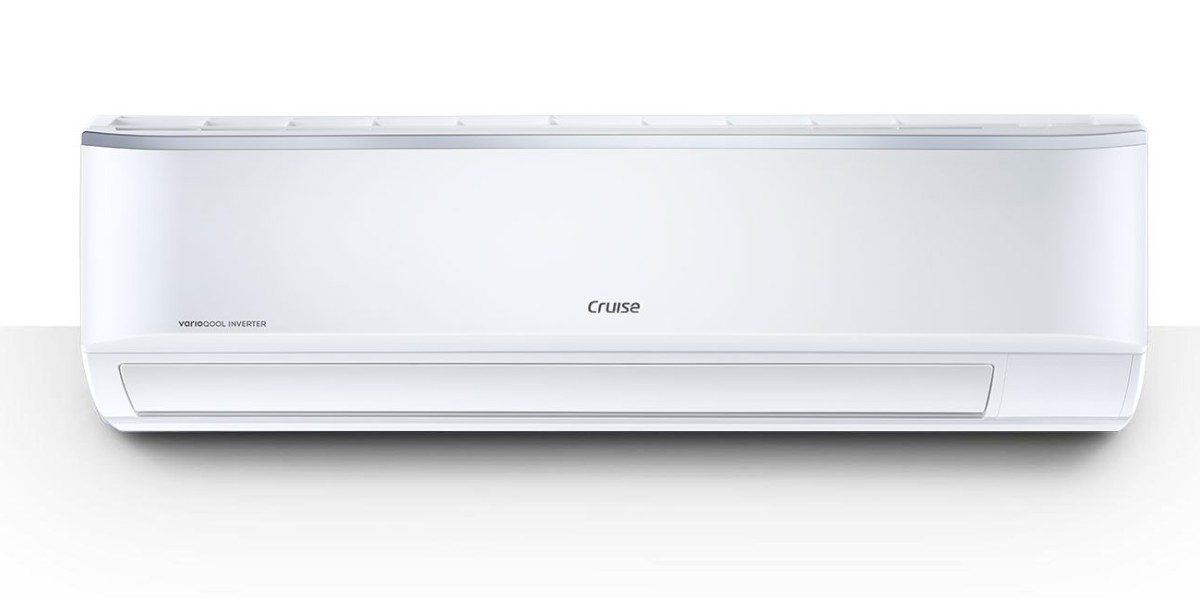continue to rise, many programs in the city are specifically designed to provide comprehensive care tailored to the needs of teenagers. These programs encompass a range of therapeutic modalities, environments, and support systems to help teens navigate their mental health challenges and lead fulfilling lives.
One of the leading options in Los Angeles is intensive outpatient programs (IOPs) tailored for adolescents. These programs offer a structured environment where teens can receive therapy while still maintaining their daily activities, such as school and social interactions. IOPs typically provide group therapy, individual counseling, and family therapy sessions, all aimed at helping teens develop coping skills and emotional regulation trauma therapy strategies. Programs like the Adolescent Intensive Outpatient Program at Didi Hirsch Mental Health Services focus on providing a supportive atmosphere that fosters personal growth and resilience.
Another notable treatment option is residential treatment programs, which provide a more immersive experience for teens facing significant mental health challenges. These programs offer 24/7 care in a safe and therapeutic environment, allowing adolescents to step away from their daily stressors and focus entirely on their recovery. Facilities such as the Canyon at Peace Park and the Los Angeles Centers for Alcohol and Drug Abuse (LACADA) provide specialized care for teens struggling with a range of issues, including depression, anxiety, and substance abuse. These programs emphasize evidence-based therapies, holistic approaches, and life skills training to help teens reintegrate into their communities upon discharge.
In addition to traditional therapy, many programs in Los Angeles are beginning to incorporate innovative approaches to mental health treatment for teens. Equine therapy, for instance, has gained popularity as a unique therapeutic modality that allows teens to connect with horses and learn valuable emotional skills. Programs like the DreamCatcher Foundation incorporate equine-assisted therapy into their treatment plans, helping teens build self-esteem, trust, and responsibility while addressing their mental health challenges in a supportive environment.
Therapeutic boarding schools are another excellent option for families seeking long-term care for their teens. These schools combine academic education with therapeutic support, allowing students to continue their education while receiving the mental health care they need. Programs such as the Pine Valley School and the Academy at Cedar Mountain focus on creating a structured and nurturing environment where teens can thrive both academically and emotionally. These schools often have small class sizes, individualized attention, and specialized staff to ensure each student's needs are met.
For families looking for community-based support, Los Angeles is home to various outpatient programs that provide counseling and therapeutic services without the need for intensive treatment. Organizations like the Los Angeles County Department of Mental Health (LACDMH) offer a range of services, including individual therapy, family therapy, and support groups for adolescents and their families. These programs emphasize early intervention and prevention, helping teens develop coping skills before their issues escalate.
Cultural competence is also an essential factor when selecting a treatment program for teens in Los Angeles. The city's diversity necessitates programs that understand and respect different cultural backgrounds and experiences. Many mental health treatment facilities prioritize culturally responsive care, offering services in multiple languages and employing staff who reflect the communities they serve. Programs like the Asian Pacific Counseling and Treatment Centers and the Latino Mental Health Association of Los Angeles focus on providing tailored support to meet the unique needs of various cultural groups.
Furthermore, the integration of technology in mental health treatment has become increasingly important, especially for tech-savvy teens. Many programs now offer teletherapy options, allowing adolescents to connect with therapists remotely. This flexibility is particularly beneficial for teens who may feel more comfortable discussing their feelings in a familiar environment, such as their home. Online platforms like BetterHelp and Talkspace provide accessible therapy options that can be an excellent complement to traditional treatment.
Finally, family involvement is a critical component of effective mental health treatment for teens. Programs that incorporate family therapy and support services recognize the significant role families play in a teen's recovery journey. Family therapy sessions help improve communication, address systemic issues, and build a support network that promotes lasting change. By involving family members in the therapeutic process, programs can create a more comprehensive support system for the adolescent.
In conclusion, Los Angeles offers a rich array of mental health treatment programs for teens, each designed to address their specific needs and challenges. From intensive outpatient programs to residential treatment centers, the city’s mental health landscape is equipped to support adolescents through their recovery journeys. By considering factors such as cultural competence, family involvement, and innovative therapeutic approaches, families can find the best mental health treatment options to help their teens thrive emotionally and psychologically. With the right support, adolescents can navigate the complexities of their mental health challenges and emerge stronger and more resilient.









